What associations do you have with the name of the Japanese diet? Perhaps you fancy fresh rolls or seaweed salads with aromatic additives? In fact, you won't find traditional Japanese dishes in the Japanese diet, but there are healthy and tasty foods, the right combination of which will help you gain 5-8 kilograms in just 2 weeks.
The basic principle of the Japanese diet is to limit carbohydrates and fats and promote willpower and patience.
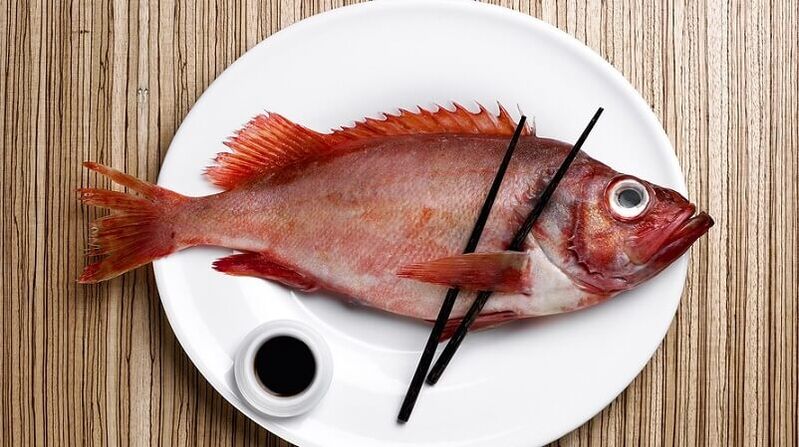
Detailed menu of the Japanese diet for 14 days
For two weeks of the diet we need:
- good coffee (we will drink it a lot and often, so it is better that it was only very good, high-quality coffee beans);
- Beef;
- Chicken eggs;
- Tomato juice or a few fresh tomatoes;
- White cabbage;
- Vegetable oil (better if you use olive oil or flaxseed oil);
- any (your favorite) fruits;
- Sea fish (trout, chum salmon, halibut, coho salmon);
- Carrot;
- Crackers, bread (rye);
- Kefir (it is better not to choose a low-fat kefir).
Day number 1
- In the morning we drink freshly brewed coffee (no sweets). Before you have your coffee, drink a glass of warm water to prepare your stomach for breakfast.
- For lunch we prepare a light coleslaw with butter. Such a salad helps cleanse the body (pure fiber), and olive oil keeps the skin young and beautiful (this is especially important during a diet). At lunchtime we drink a glass of tomato juice or eat a tomato.
- Dinner will be modest but satisfactory. Take any fish, boil it or bake it in the oven without salt.
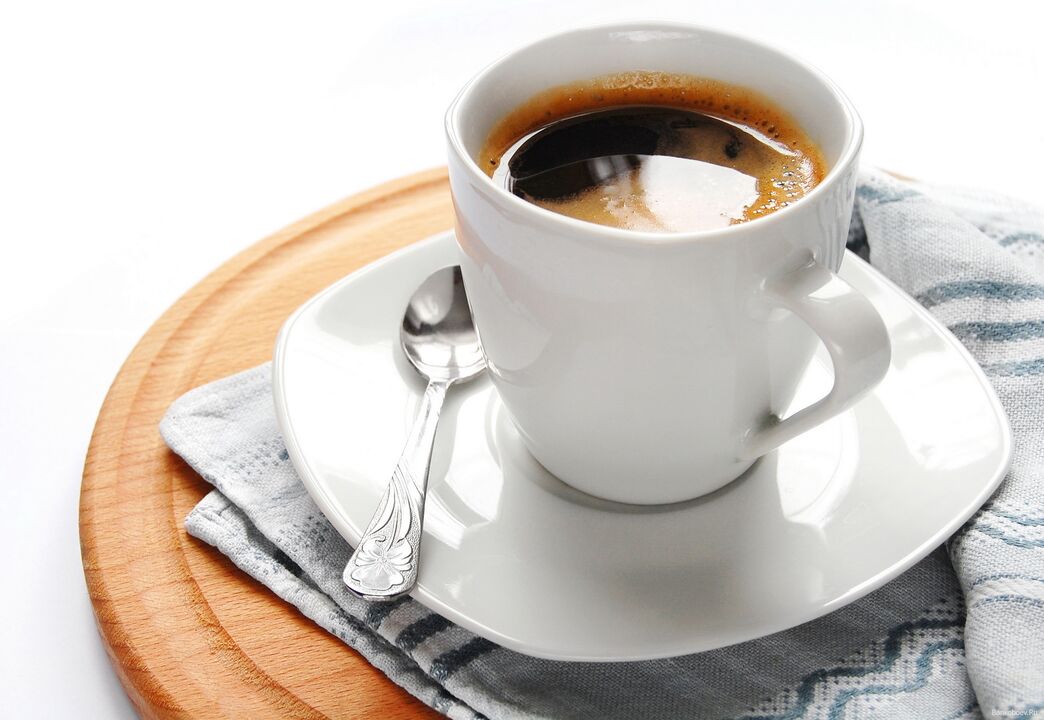
Day number 2
- For breakfast we drink coffee again without milk and allow ourselves to eat it with a slice of bread (rye). Don't forget to have a glass of warm water before breakfast.
- At noon we repeat the menu of our dinner yesterday - baked or boiled fish without salt.
- In the evening we cook beef. It is advisable to boil the meat or stew it without salt. We wash down our dinner with kefir.
Day number 3
- A traditional morning is accompanied by unsweetened coffee with a biscuit or crouton. Remember that a crouton and cookies are exactly one piece, not a whole kilogram!
- At lunchtime we cook a delicious and unusually healthy zucchini. It can be fried in a little oil (in slices or halves) or baked in foil.
- Today we are waiting for a truly royal dinner! Hard-boiled eggs (2 pcs. ). We also cook beef and eat everything with coleslaw.
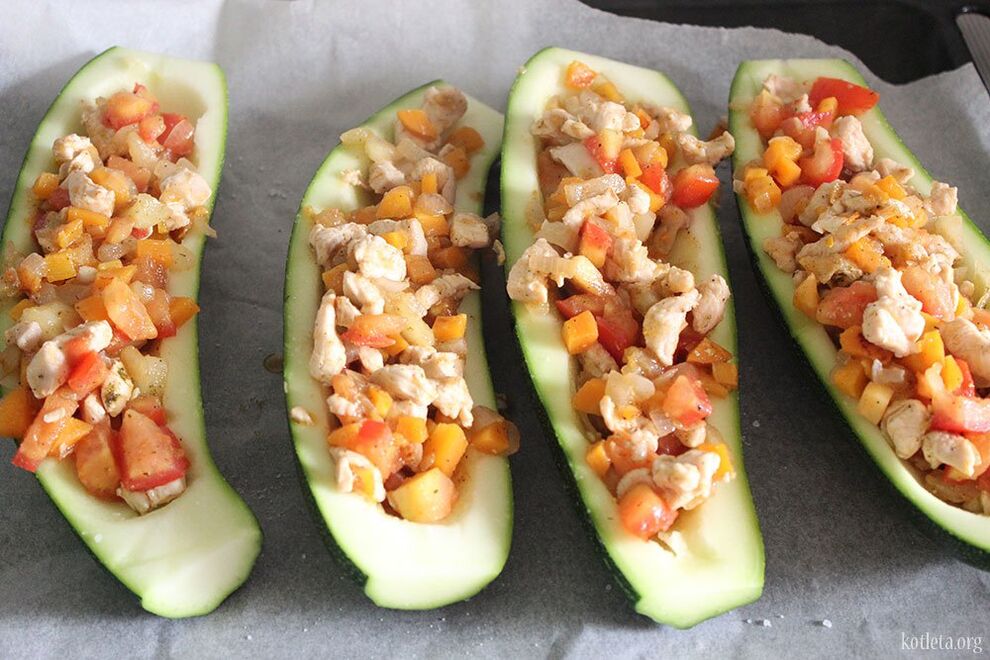
Day number 4
- After yesterday's feast we only get bitter coffee in the morning. No biscuits and rusks.
- Lunch also looks a bit sparse - a hard-boiled egg, 3 carrots with butter. The only joy at lunch is cheese! But only 200 grams.
- But true happiness awaits us for dinner - fruit! True, your table can only be decorated with 200 grams of apples, oranges or pears that day.
Day number 5
- If you're bored of coffee for breakfast, today is your day! We have breakfast with grated raw carrots seasoned with lemon juice (you can just squeeze the juice from half a lemon).
- At lunchtime we already have the usual boiled or baked sea fish (approx. 400 grams) and a glass of tomato juice, which can also be replaced with fresh tomatoes.
- If you have any leftover fruit from yesterday, that's great! Today we meet again for dinner with different fruits.
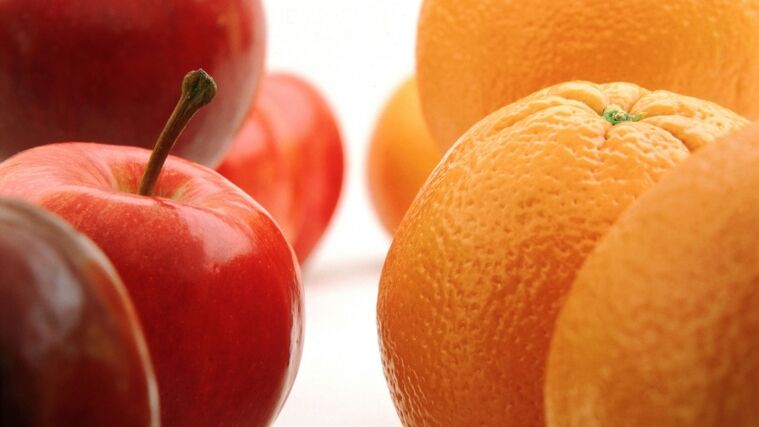
Day number 6
- We greet the morning with fresh coffee. And we start dreaming about dinner.
- For lunch we have chicken (we cook about 400 grams) and coleslaw.
- We pay for a rich daily diet with a rather meager dinner of two eggs and a carrot salad.
Day number 7
- We drink green tea for breakfast.
- In the afternoon we enjoy an interesting combination of fruit and boiled beef.
- And we put together the dinner on the seventh day of our diet ourselves - from all evening offers from the last six days (except for the richest dinner on the third day)
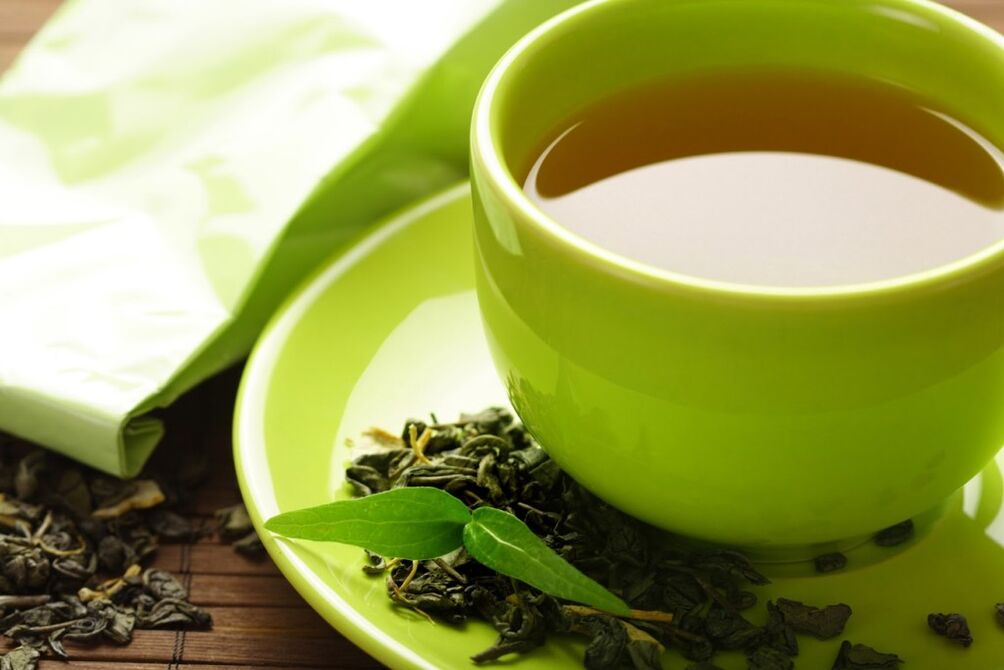
Day number 8
- This day's diet is completely in line with the seventh day of our diet - green tea, beef with fruit, and any dinner of your choice, except for dinner on the third day.
Day number 9
- In the morning we drink hot coffee after a glass of warm water.
- At lunchtime we allow ourselves to eat chicken (half of a small carcass). We eat it with a cabbage or carrot salad (of your choice).
- In the evening we boil two eggs and rub in raw carrots (we need about 200 grams, which is about a glass).
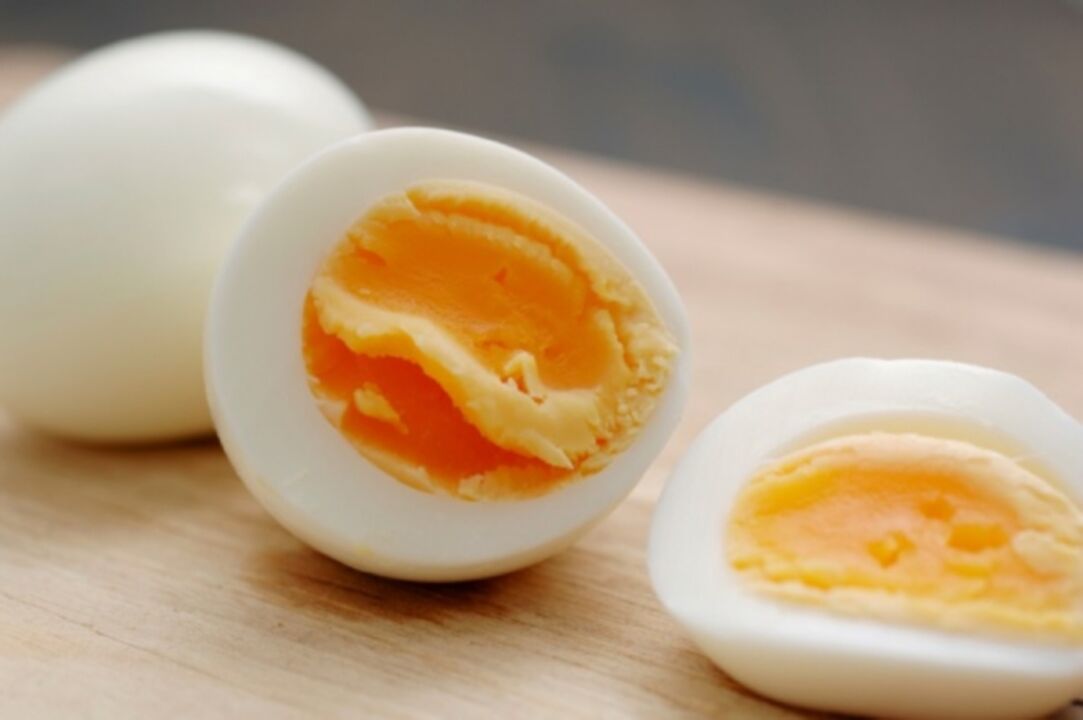
Day number 10
- In the morning we take a coffee break and treat ourselves to a carrot salad with olive oil.
- At lunchtime we get a big, delicious fish out of the fridge, fry or stew it and eat it with pleasure. We wash the fish with a glass of tomato juice.
- We eat fruit for dinner.
Day number 11
- We have breakfast with a cup of black coffee with croutons or unsweetened biscuits.
- For lunch, fry or bake a medium-sized zucchini in the oven.
- And for dinner we get the already familiar 2 hard-boiled eggs, boiled beef and a cabbage salad.
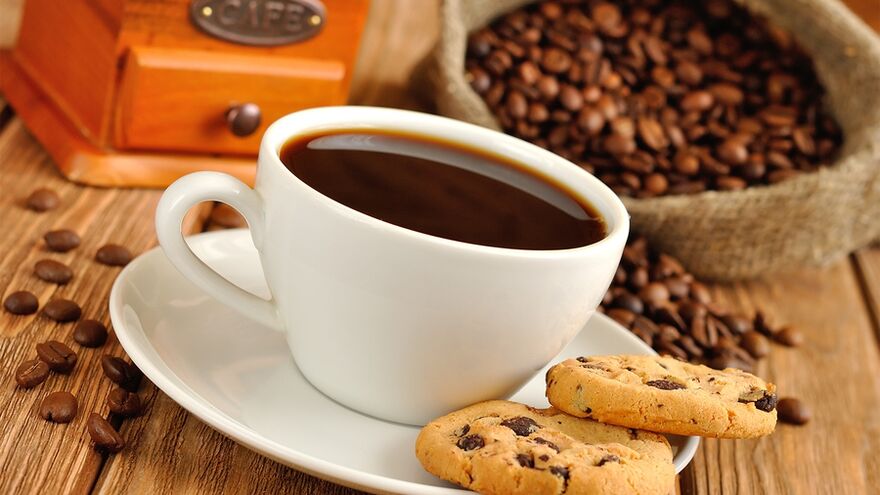
Day number 12
- For breakfast - just coffee and a very small piece of rye bread.
- We have lunch of fried or baked fish with a salad of tomatoes, cucumbers or cabbage. We season the salad with olive oil (instead of the usual mayonnaise).
- For dinner we get a glass of kefir and boiled beef.
Day number 13
- Anticipating that the agony will soon end, we enjoy breakfast with a cup of coffee.
- Next - two eggs with coleslaw and tomato juice.
- In the evening - sea fish.
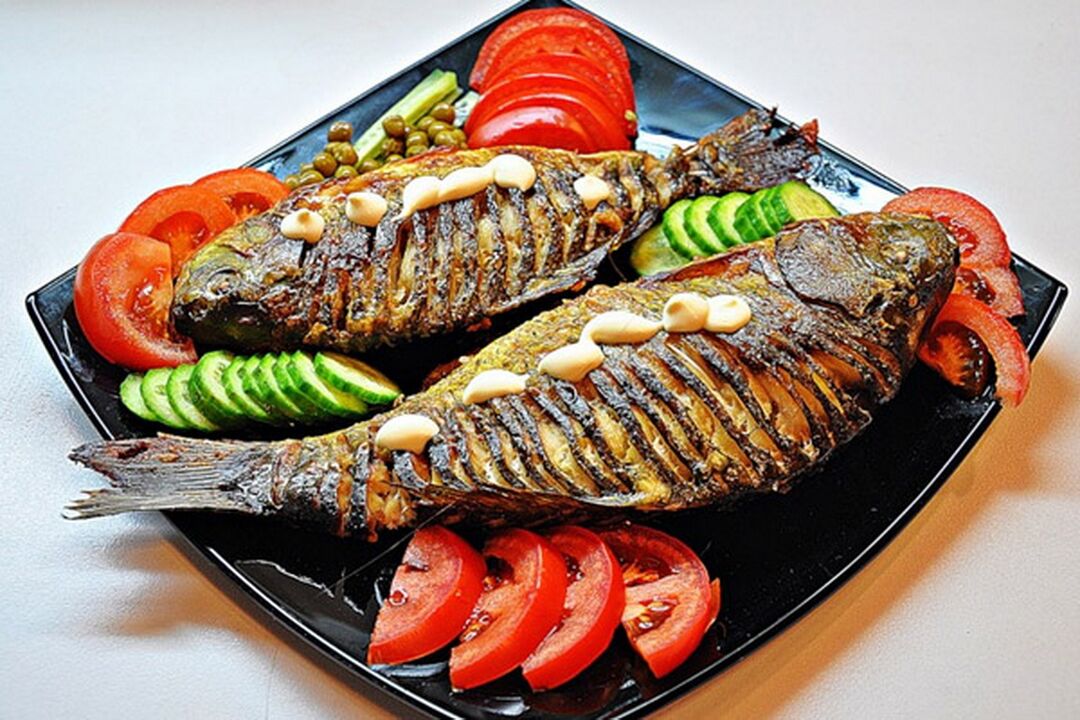
Day number 14
If you finished the menu with no sandwich in hand, you won! And, most likely, you have already received your award - minus 5-8 kilograms. But we only have one day left to hold out.
- We like to prepare our own coffee for breakfast.
- We have lunch with a fish and cabbage salad.
- We have dinner of boiled veal with a glass of kefir. We approach the mirror and enjoy the result!
How easy is it to translate the Japanese diet?
- It is important to be psychologically correct. Try to come to an agreement with yourself - before starting a diet, do not suggest to yourself that you are now under a regime of strict restrictions. Our body clearly reacts to such attitudes - it does not want to resolutely say goodbye to being overweight. Imagine you are participating in a fun game.
- Do not forget to drink plenty of clean and still water, not only during the diet, but also after it. First, water creates a feeling of satiety. Second, it is simply necessary for normal metabolism to remove toxins and toxins from the body. And third, water keeps our skin from drying out during food restrictions.
- Avoid salt, sweets, and alcohol while dieting.
- Try to get on and off the Japanese diet smoothly. Likewise, after a diet, you shouldn't rush to indulge in your favorite candies, fried chicken legs, dumplings, and other foods that harm your figure. Remember that harmony and restraint in eating are necessary for the harmony of the body.
- Take note of all the items on the Japanese diet menu. Just taking one product at the wrong time can ruin your efforts. So, if you decide to go on a diet, follow it according to all the rules.
Enjoy the new experience. You will definitely receive harmony and well-being as a reward.
Gradually avoid high-calorie foods 2-3 weeks before the diet, reduce the amount of food consumed.



































